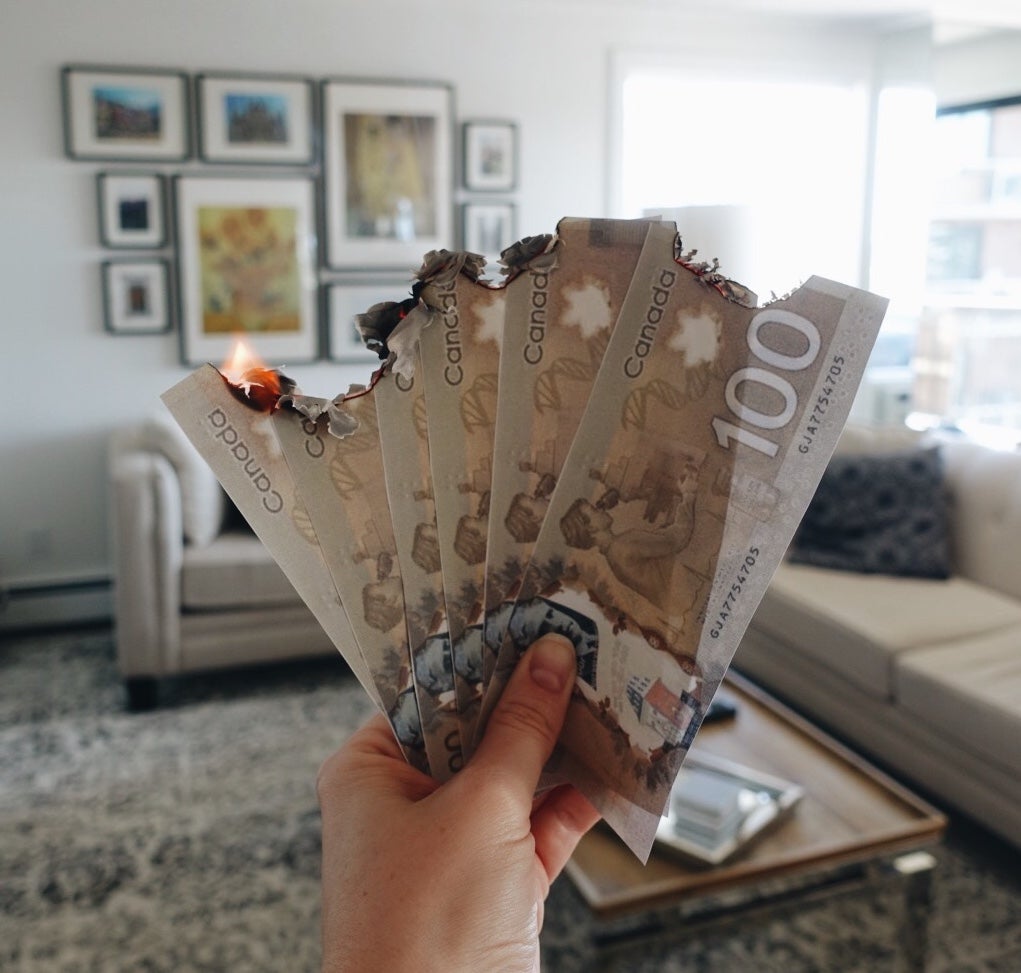
You see it all the time in home renovation shows on TV, some not-so-little surprise that crops up during a renovation that is now going to cost the home owner thousands of dollars. While that makes for an interesting plot twist in a HGTV program, in real life it can be a disastrous outcome for an owner who thought they were buying their dream home. For a lot of buyers these small imperfections can often go unnoticed or are brushed off as quick fixes that can be dealt with later. Although I will always recommend that my buyers use a reputable home inspector prior to closing on a home purchase, it's important to understand what to watch out for as you search for a property. Inspired by Danielle Braff’s article in the Chicago Tribune titled “7 Seemingly Small Flaws That Point to a Money Pit”, these are 8 red flags to watch out for as you look for a new home:
1. The Roof
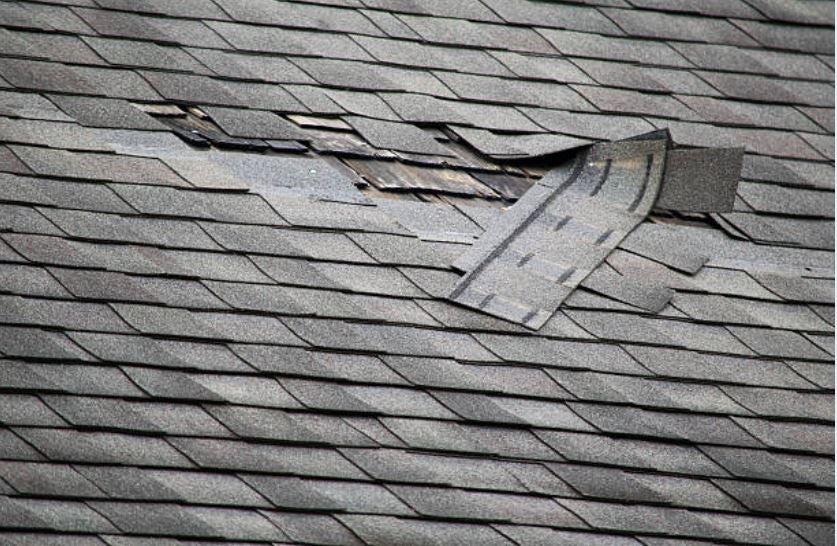
As if our winters weren’t bad enough, Calgary can also get a lot of hail throughout the summer months so it’s not unusual to see homes with damage to the roof or siding material. Kari Jones, owner and operator of Airdrie Roofing Ltd. says “the majority of shingles in our market are what are called ‘lifetime’ or 50 year product, however with our climate the average roof lasts closer to 15 years”. A roof that has had hail damage will have “visible bruising or pitting marks on the shingles and there will often be granular loss or pieces of the shingles missing” says Jones. It's important to take a close look at the shingles and ask the listing realtor when the roof was last replaced. A leaky roof can cause all manner of issues including water damage and can run you upwards of $3.50 to $5.00/sq.ft. if it needs to be replaced.
2. Doors That Don’t Close
This can suggest that there is an issue with the foundation. The home may have settled and it's possible there is a crack in the foundation that may be allowing water in. Foundation issues can be extremely costly to repair and if there has been water damage on top of that you will be looking at a hefty bill once those repairs are all said and done.
3. Uneven Floors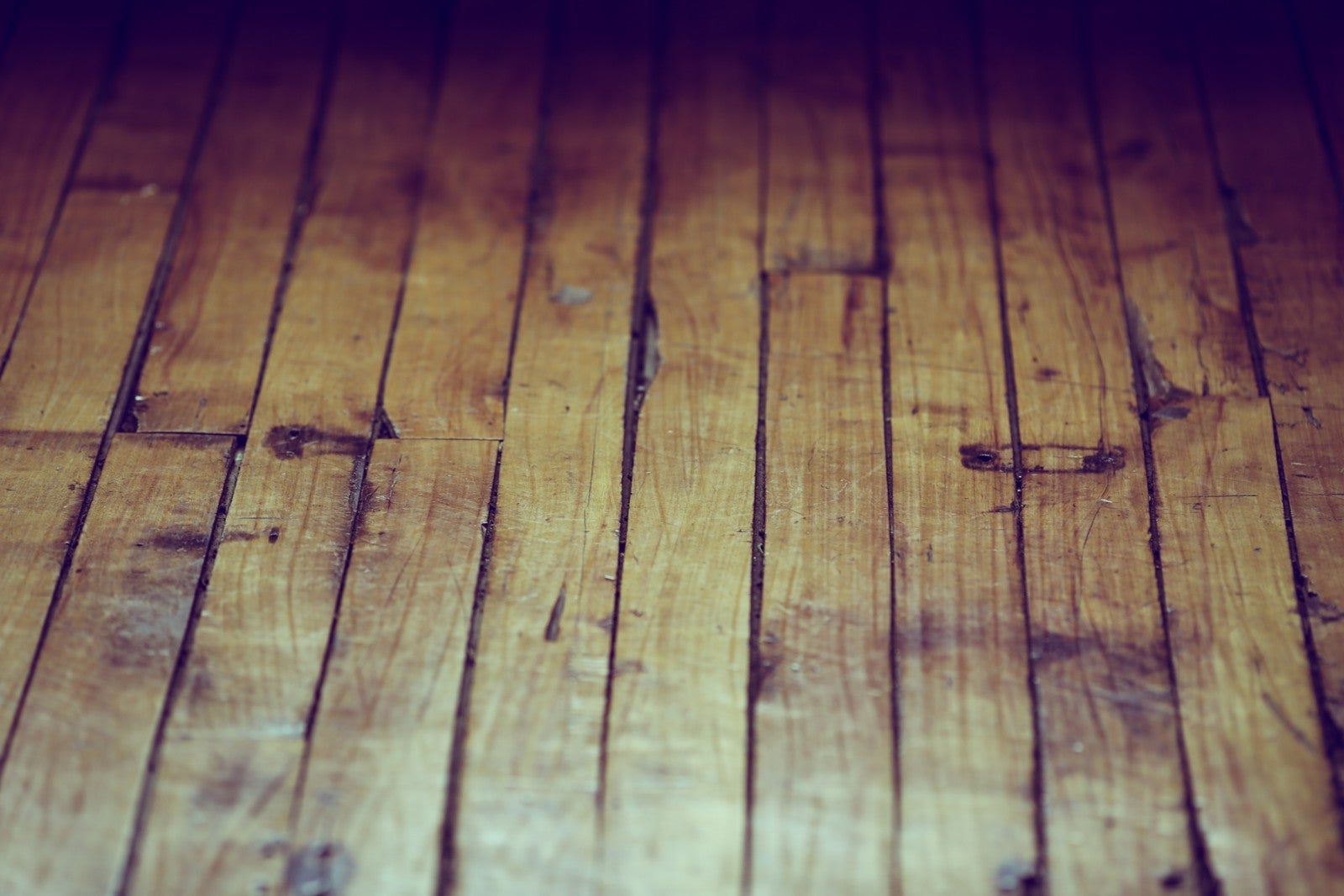
Again, this could be pointing to a foundation issue. Often, home inspectors won’t be able to pinpoint exactly what is causing the issue. If your REALTOR® hasn’t suggested it already, ask them to build a condition into the purchase contract that allows a structural engineer to asses the property before closing on the purchase.
3. Uneven Floors

Again, this could be pointing to a foundation issue. Often, home inspectors won’t be able to pinpoint exactly what is causing the issue. If your REALTOR® hasn’t suggested it already, ask them to build a condition into the purchase contract that allows a structural engineer to asses the property before closing on the purchase.
4. Dead Trees
If you’re viewing a property in the winter, this one might be hard to catch so be sure to take note of the yard and general health of the trees, particularly if they are out of season. Dead trees can be costly to remove, but it is also important to understand why they may have died. Although more prevalent in warmer climates, insects may be the culprit and there is a risk they have impacted the home as well. The branches of a dead tree are less able to support the weight of a heavy snow fall, or wind storm, causing them to break off and potentially damage the home. An arborist can advise whether a tree must be removed so make sure a condition is built in the contract allowing them to come assess it before closing.
5. Poor Water Pressure
5. Poor Water Pressure
Run the shower and the taps at the same time in the same bathroom. If there is poor water pressure, there could be an issue with the pipes which is a costly upgrade if required.
6. Discoloration on the Walls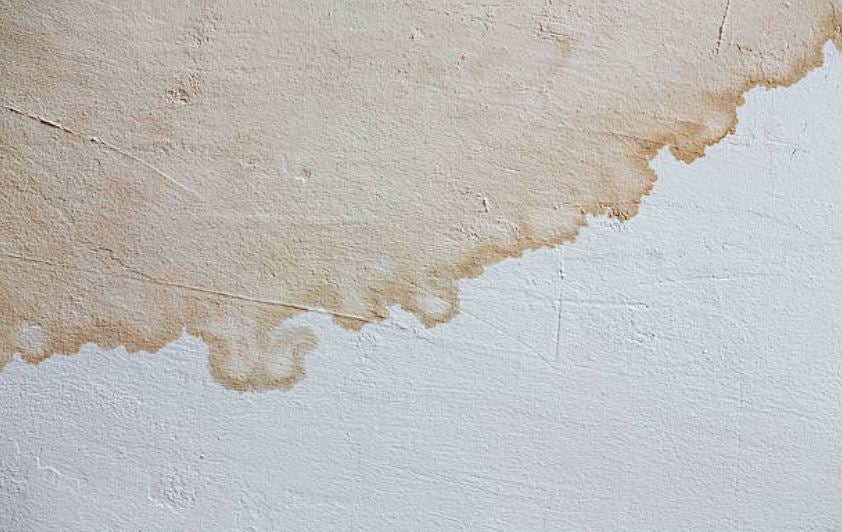
Water is one of the worst types of damage to your home. Yellow or brown marks on light walls usually mean there was or is excessive moisture in the area that needs to be repaired. Also look for any discoloured areas on the basement wall (foundation) and while you're down there, make note of any musty smells or dampness in the air.
7. Uneven Stairs
Riser heights and tread lengths should be uniform and if they are not they can be a tripping hazard. They can also be a gauge for the overall craftsmanship of the home. If the stairs have been built incorrectly, what else has?
8. Windows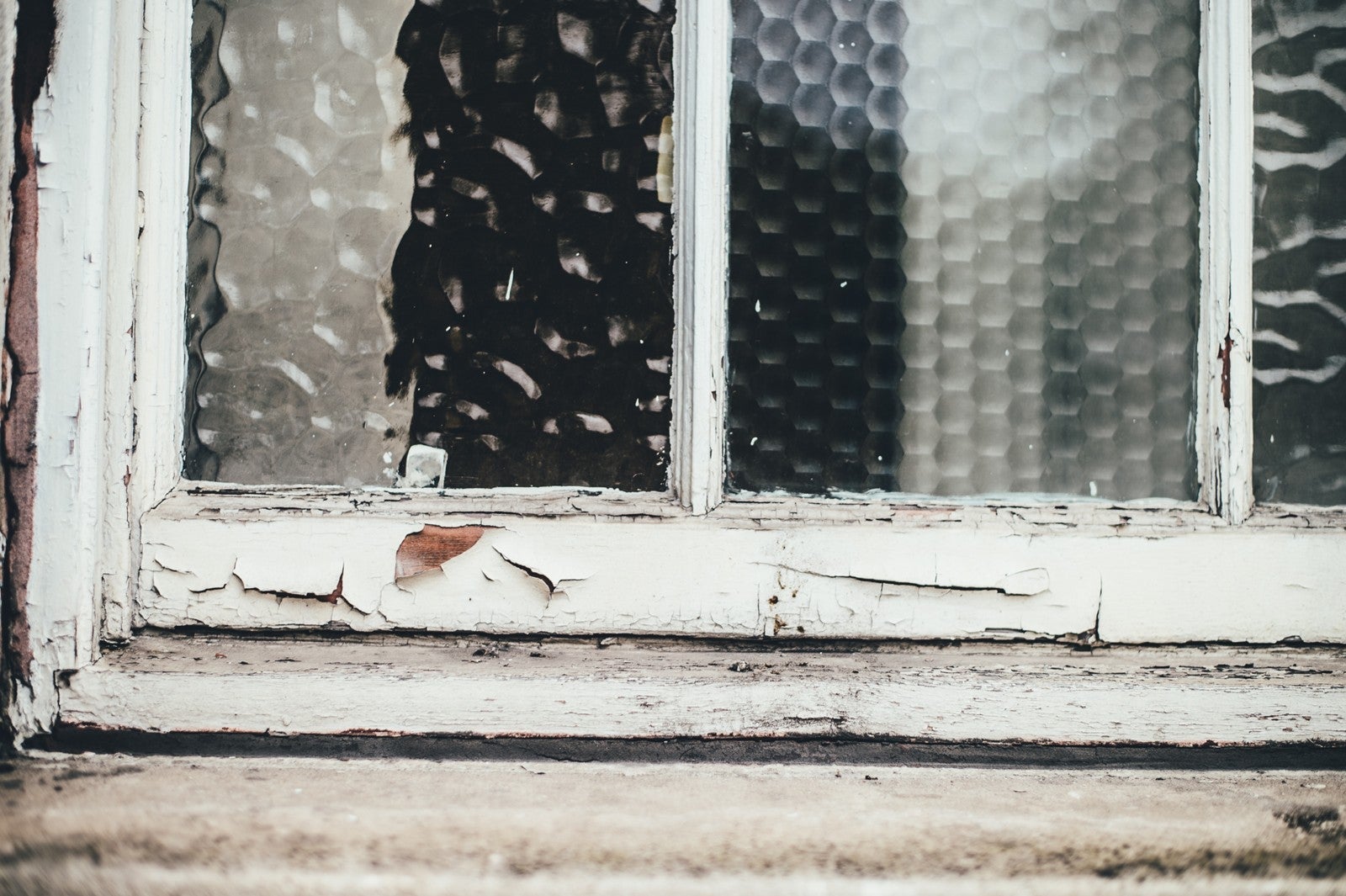
Windows should be tested to ensure that they open properly for safety and ventilation purposes. Often, older homes have old windows that can cost thousands to replace. Windows should also be double paned to ensure the proper insulation. This is particularly important in Calgary’s climate and will save a lot of money on your heating and energy bill in the long run.
6. Discoloration on the Walls

Water is one of the worst types of damage to your home. Yellow or brown marks on light walls usually mean there was or is excessive moisture in the area that needs to be repaired. Also look for any discoloured areas on the basement wall (foundation) and while you're down there, make note of any musty smells or dampness in the air.
7. Uneven Stairs
Riser heights and tread lengths should be uniform and if they are not they can be a tripping hazard. They can also be a gauge for the overall craftsmanship of the home. If the stairs have been built incorrectly, what else has?
8. Windows

Windows should be tested to ensure that they open properly for safety and ventilation purposes. Often, older homes have old windows that can cost thousands to replace. Windows should also be double paned to ensure the proper insulation. This is particularly important in Calgary’s climate and will save a lot of money on your heating and energy bill in the long run.
Danielle Braff's article:
http://www.chicagotribune.com/classified/realestate/ct-re-0311-money-pits-20180307-story.html
